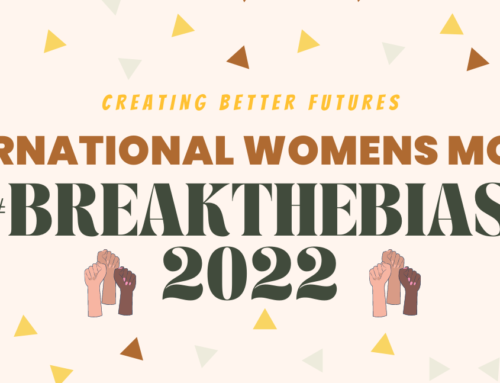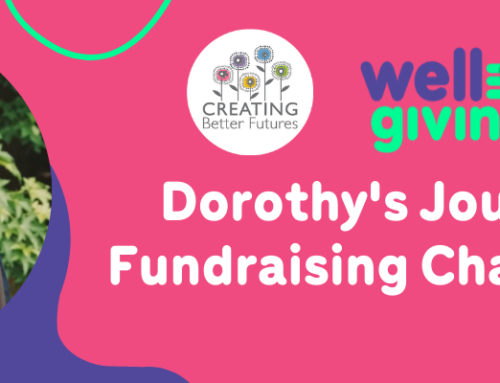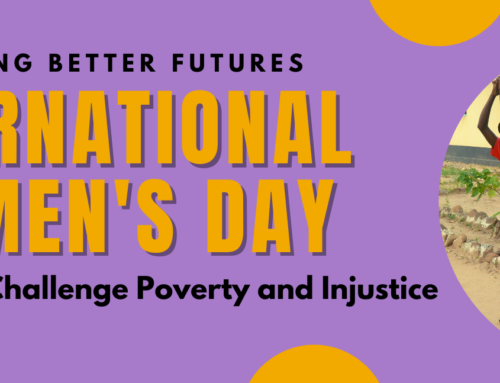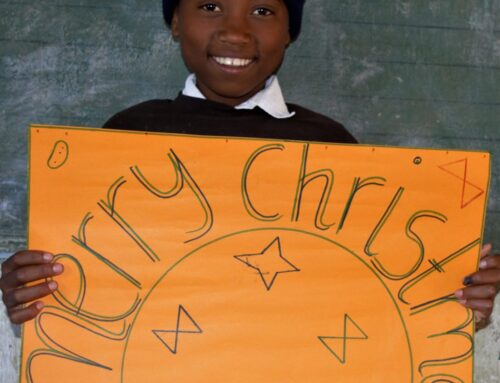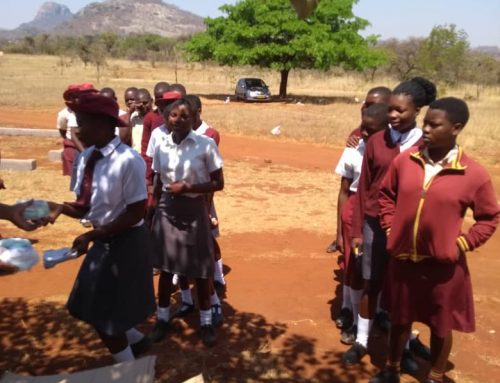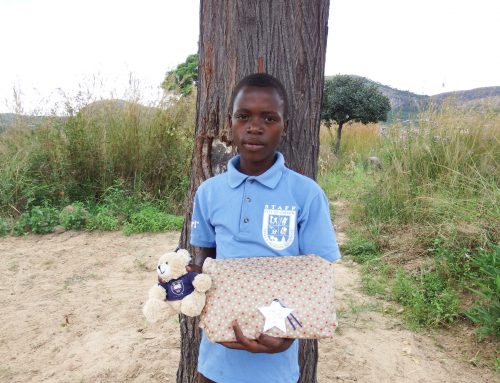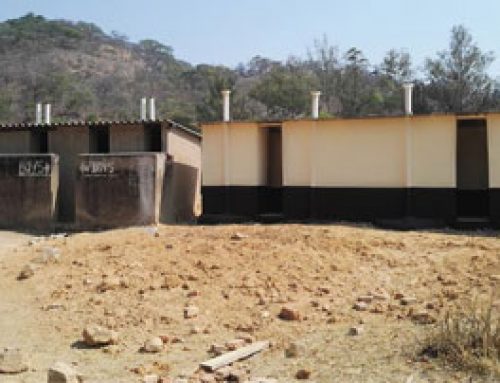Our understanding of life during the pandemic has been dominated by statistics. Each day bombards us with case numbers, infection rates and unemployment figures. It can be easy to get lost in these statistics, and in doing so lose track of the impact on people’s lives.
This article will give a better understanding of life during the pandemic for many children and their families. We were fortunate to have the opportunity to speak to some of the children that we work with whilst distributing emergency food packages. They gave a deeper, if concerning, insight into how things have been for the last three months.
The children in this article need your help as they deal with coronavirus. Please consider donating to our appeal or check out our virtual fundraising ideas. In these challenging times, your support makes all the difference.
No work… no food? The greatest threats to life during the pandemic
It may surprise you to read that the disease itself is not the greatest threat facing many families. Their biggest concern is access to food. Lockdown has stopped people from going to work, making it harder for parents to provide for thier children. Karren, a 14 year old student at Chinamhora Secondary School, describes the problem:
“Now lockdown is affecting us because our parents are not going to get food, shops have closed and we are not going to school now. We are suffering from a shortage of food and things that we can get from shops.“

Poor harvests
This hunger crisis has been influenced by factors predating the coronavirus. Zimbabwe has experienced severe droughts over recent years, and yields have suffered as a result. Worryingly, this looks set to continue. The World Food Programme expect this year’s harvest to be even poorer than those preceding it.
Evadney, is a 13 year old student at Zimbiru Primary School. Her family make a living from farming. Things have got much harder for them since the coronavirus. She says her “family rely on buying and selling vegetables and tomatoes. We are suffering from food shortages because of this lockdown.”
5000 children losing school meals
There are 5000 who particularly suffer from these food shortages. They were enrolled onto Creating Better Futures’ school feeding programme, which was giving them two meals every school day. Sadly, the feeding programme has been paused since schools closed. Every meal matters when food is in short supply. These children have lost access to ten meals each week. Their families don’t have the resources to replace all these missing meals.

We spoke to Michelle, a student at Parirehwa Secondary School. The coronavirus pandemic is one of the biggest challenges she has faced since gaining access to an education through Creating Better Futures. She had been in lockdown for 7 weeks when we spoke, and she explained the problems facing her community:
“Our parents are self employed and they rely on farming, but now they are not able to do their businesses of buying and selling properly. We are not able to go to school so we are studying by ourselves at home. But this means we cannot eat at school.”
Creating Better Futures have helped more than 150 families during this pandemic to provide monthly food packages filled with porridge and Maheu. By supporting our appeal, you extend this to many more families.
Pressures on family dynamics
Coronavirus has also increased pressure on family relationships. Take parents, for example. You may be familiar with the African proverb: ‘it takes a village to raise a child.’ Parents traditionally rely on a support network of close friends and family help raise their children. Social distancing has meant that this is no longer the case. We have spoken to many parents who have lost their support systems. Single mothers speak of feeling isolated, without the reassurance of their female elders and friends to support them in this unimaginably hard time.
Isolation also makes problems harder to solve. An Amnesty International investigation heard that new mothers were having to risk everything, breaking lockdown in order to get vital medication for their children. We cannot keep exposing young families to these risks.
Conditions in Zimbabwe put vulnerable children and their families at higher risk from the disease. Zimbabwean hospitals have been reported to lack the necessary ventilators and equipment to handle a major outbreak. The BBC also found that this uncertainty had spread to health staff as Doctors have been striking due to a lack of PPE and poor working conditions.
When the disease’s hazards are so high, it’s vital that we continue to minimise infections. This is where Creating Better Futures’ appeal has made a difference. We have helped to stop the spread of the virus by purchasing oil drums and reconstructing them to be used as ‘handwashing stations’ allowing people to wash their hands more regularly. We have also distributed 5,000 leaflets to inform communities on precautions required to protect themselves and prevent the spread of the virus.
Can we improve life during the pandemic?
Witnessing suffering can make people feel powerless but the truth is we have the power to alleviate some of the suffering in this world by our actions.
We at Creating Better Futures enable future generations to have the opportunity to better their lives in order to better our world. We want and need you to be a part of that.




